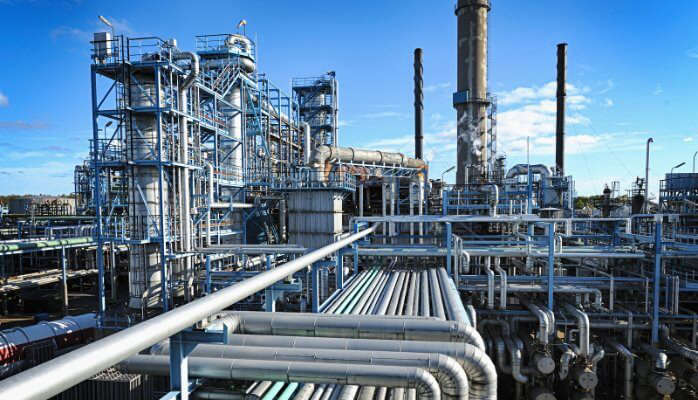
The deadly air pollution in oil rich Rivers State, in Southern Nigeria can only end when illegal crude oil refining is stopped, studies have shown.
Overtime, modular refineries have been looked to as what could bring an end to the now multi-billion Naira illegal crude oil refining industry which is said to employ hundreds of youths in the Niger Delta region.
As at 2020, only three modular refineries were completed in the Niger Delta situated in Rivers, Delta and Imo states.
But Dumnamene Fyneface, the Executive Director, Youths and Environmental Advocacy Center says these are private modular refineries and not the one promised by the federal government.
“I’m aware that modular refineries were completed in those states mentioned but those modular refineries are private modular refineries,” he said.
“They are not the refineries promised by the federal government to use and address artisanal refining in the Niger delta”.
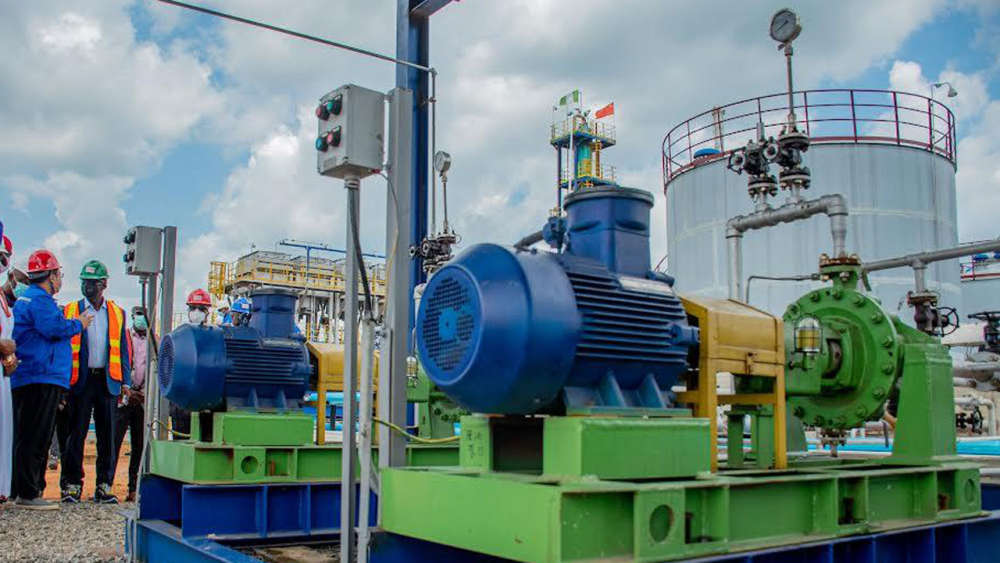
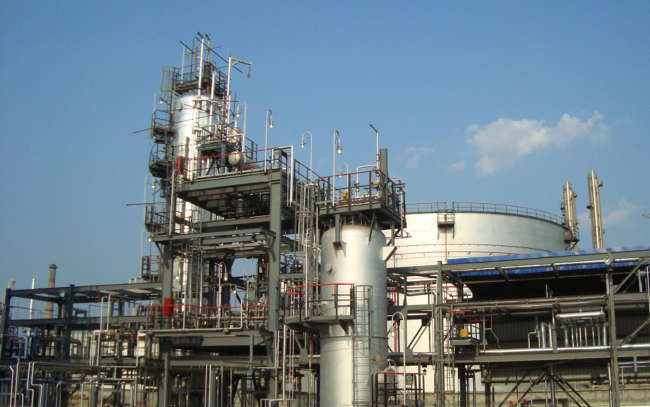
Fyneface, who is the National Facilitator of Project with Artisanal Crude Oil refiners for Modular Refineries in the Niger Delta, said no license has been issued by the federal government five years after it promised to do so to end soot in Rivers State.
“Recall that in January 20, 2020, the president represented by the Minister of State for Environment, Sharon Ikeazor, while launching the laboratory in Port Harcourt, asked us to put these artisanal refiners on cooperative societies so that the platform can be used to issue them license for modular refineries.
“That process is still on and we are the only ones still working on that government policy statement since 2017. So, no license has been issued to the modular refineries cooperative society.”
What modular refinery is all about?
Experts say it is a processing plant for refining crude oil. It is engineered and constructed on largely skid-mounted structures.
Each skid contains a section of the entire process plant and through interconnecting piping, the component skids are linked together to form an integrated operable process plant at the site.
A modular skid unit houses a process system within a frame so that the system can be transported easily.
Modular refineries are usually available in capacities ranging from 1,000 to 30,000 barrels per day.
“For you to setup a modular refinery, you need a minimum of at least 3 licenses,” Fyneface says.
“The license to establish which is $50,000 dollars and N500,000 processing fee. The license to operate, which is $1,000 dollars and N500,000 processing fee.
“Apart from these licenses that the government need to issue, there are other things that you need like a minimum of 10-15 hectares of land and the land will have to be close to a field where the crude will come from,” he continued.
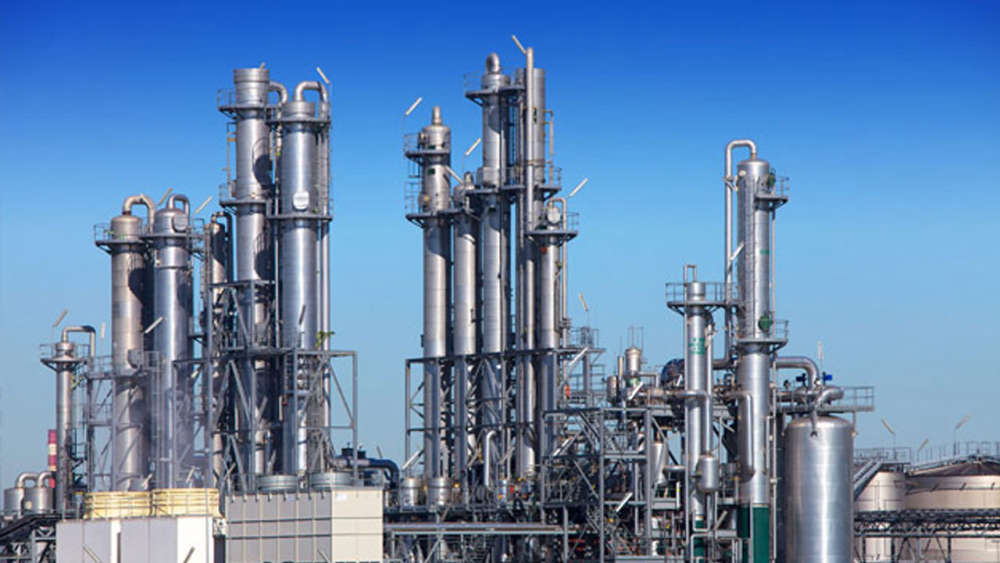
Where we are?
In July 2021, the Rivers State Government said it had secured waivers for the establishment of 15 modular refineries in the state.
It said it was not building the modular refineries, but secured the waivers for investors to get all the necessary documentation in a very short time.
However, Fyneface says these waivers haven’t tackled the key challenges the artisans have in setting up a modular refinery.
According to him, “The Rivers State Government under the leadership of Governor Nyesom Wike, working through the Commissioner for Energy and Natural Resources, Dr. Peter Medee, said they have received up to 15 waivers for modular refineries in Rivers State.
“The waiver comes with the petroleum product that will be attached to the license when issued.
“So, the government of Rivers State is in a position to issue a recommendation for any founder or organizations that is ready to enter into modular refinery business and the federal government will issue a license.”
An artisanal oil refiner in Rivers State has accused government officials of hijacking the modular refinery licensing. The artisan said the government has continued to delay the process of establishing the modular refineries in the Niger Delta.
He said: “The processes that is involved in it is really what Nigerians should try and modernize it for the youth. If they should modernize the process for the youth and give them a kind of license to refine this bi-product in their small capacity, most of these things that are happening will not be there”.
He however called on the government to hasten the process to help Artisanal Oil refiners adopt safer ways of refining petroleum products. He says it will help save lives, not just the soot environment.
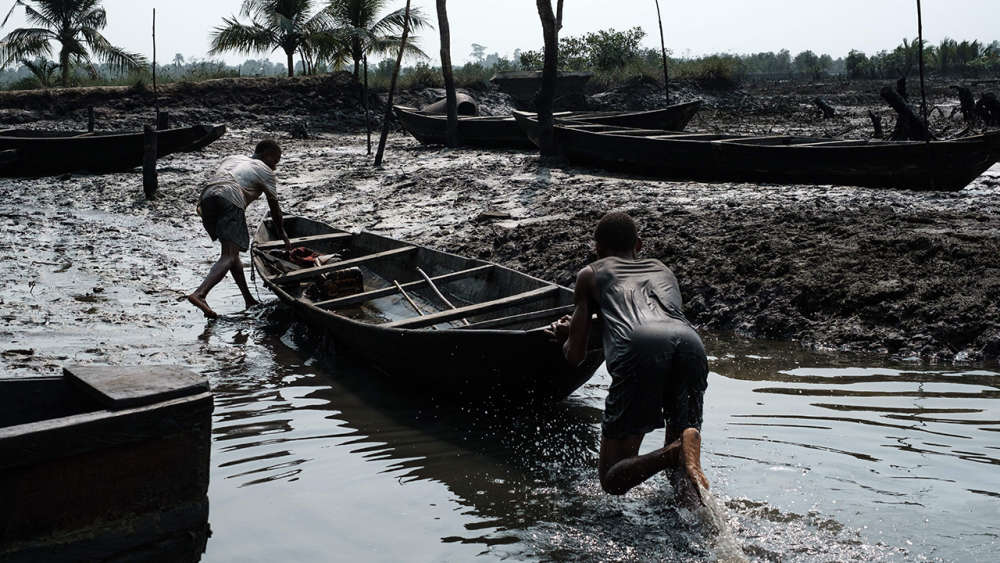
Legal battles
A non-governmental organization, Extra Step Initiative took the federal government to court over the soot situation in Rivers State. It’s Executive Director, Engene Abels said the lawsuit is vital.
“We’ve been in court with the federal government, who is basically responsible for the environment and Nigeria is a signatory to the protocol to the right to a clean environment and Nigeria domesticated it in their law.
“So, we are seeking for the enforcement of that right for anyone who resides in Rivers State. That’s it for the law,” Abels said.
He criticized the government’s seeming passive attitude towards tackling the soot in Port Harcourt.
According to him, “They have not shown enough goodwill, so we are disappointed with the activities of government, whether it is local government, state government or federal government.
“When it comes to the soot campaign, Rivers State took a step further, told professor Chike, the then Commissioner for Health and they did an analysis of five years and found that there were 26,000 respiratory related deaths over a five-year period.
So, if they do another study from 2018 till now, they’ll definitely see a spike in that direction.”
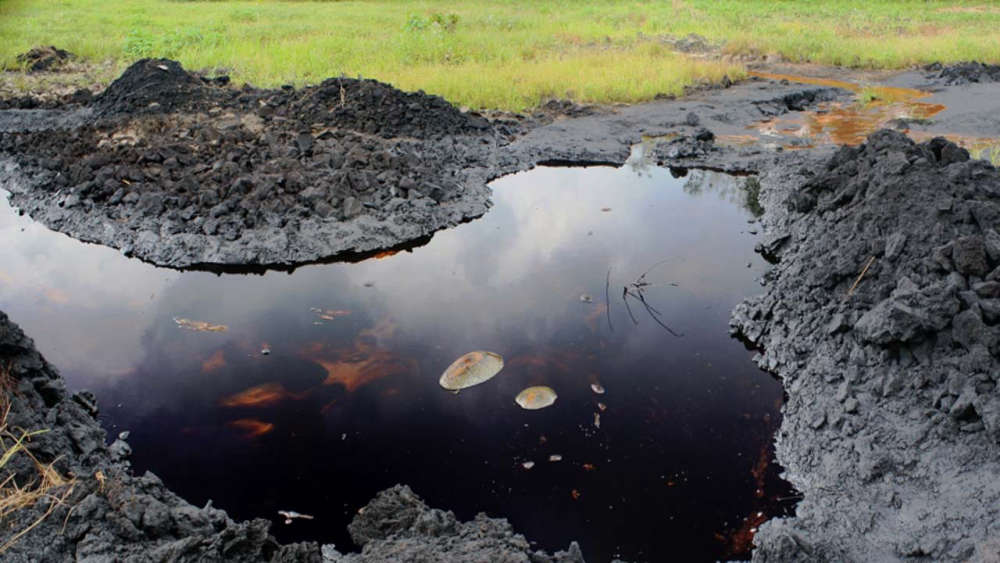
Some local governments have now set up a task force to clamp down on the illegal crude oil refiners as directed by Governor Nyesom Wike on New Year Day.
Amid doubts over its effectiveness, considering these illegal crude oil refiners had operated for years in communities under the watch of the local government, the Rivers State Government declared 19 people wanted for involvement in illegal refining.
More arrests have been made ever since with the Rivers state police command parading 18 suspects on January 10, 2022.
The EFCC had also revealed it is investigating 21 others for oil bunkering after the Nigerian Navy arrested them and their vessels and handed over to the EFCC.
In all, the people of the Niger Delta continue to look to modular refineries as the way out of the environment pollution.


